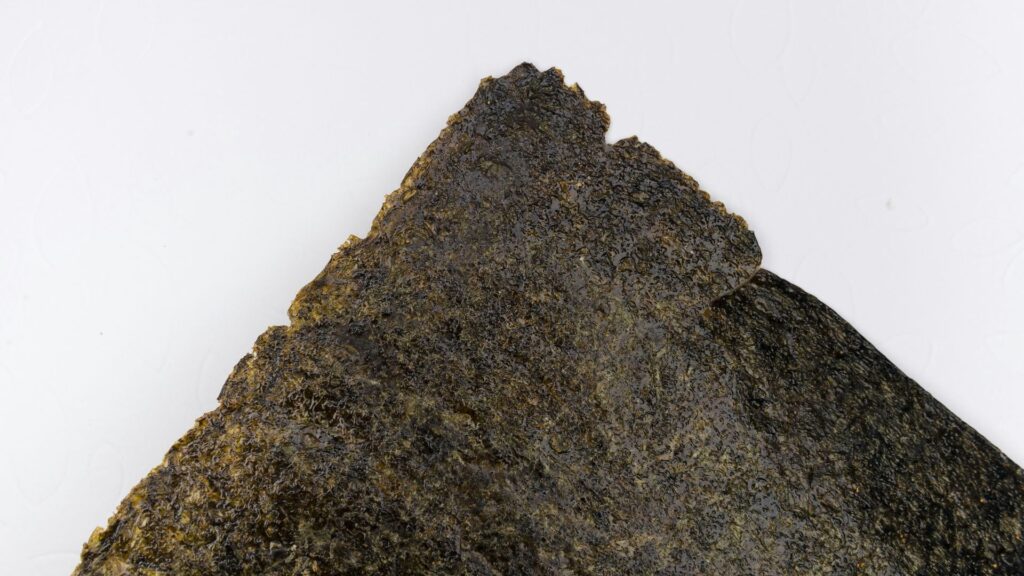In Nigeria, Ghana, and across West Africa, conversations around mental health are finally breaking the silence. While physical exercise has long been celebrated for its ability to boost mood and ease the symptoms of stress and depression, there’s growing evidence that what we eat also plays a crucial role in our mental well-being. Recent scientific studies highlight the fascinating connection between our diets and how we feel, suggesting that food choices could support or hinder our mental health journey.
New research, as published in Psychiatry and Clinical Neurosciences, has turned its focus towards Japanese eating patterns and their potential link to depression among employed adults. The central question: Could routine food habits actually help reduce the risk of low mood or depression?
The Study: How Traditional and Modern Japanese Diets May Impact Mental Health
The researchers based their work on data drawn from the Japan Epidemiology Collaboration on Occupational Health (J-ECOH), collecting responses between 2018 and 2021 from employees at various large firms. Nearly 13,000 participants responded to detailed questionnaires examining both their food habits and their mental health, specifically checking for symptoms consistent with depression.
While Nigerian and Ghanaian diets are unique, learning from such global research expands our local understanding of mental health and nutrition—and may inspire positive changes in our own kitchens.
Participants in the study were assigned scores according to how closely their meals matched a traditional Japanese pattern or a modified, more health-conscious version. The traditional diet emphasized staples such as fish, cooked vegetables, soy-based products, mushrooms, seaweed, miso soup, white rice, green tea, and various salty snacks. In contrast, the modified version swapped white rice for whole or less refined grains, cut back on excess salt, and elevated intake of raw vegetables, fruits, and dairy products. These adjustments enabled the researchers to place participants into four categories, from least to most adherent to each diet type.
The Results: Higher Diet Scores Linked to Lower Rates of Depression
The findings were striking: individuals who kept closely to either traditional or modified Japanese eating styles had a significantly lower likelihood of experiencing depressive symptoms. Depression rates declined progressively as participants’ diet scores improved, demonstrating a robust statistical association.
This relationship held steady even after the researchers adjusted the data to account for participants with a history of poor mental health. Both types of diet patterns offered similar benefits, but notably, the modified approach—integrating more fruits, vegetables and dairy products—was just as powerful in reducing risk, showing that slow, thoughtful changes in diet can make a difference.
Put It Into Action: Smart Tweaks For Your Own Diet
For Nigerians and West Africans seeking practical strategies to boost both physical and mental well-being, there are valuable lessons in these findings. While we treasure our classics like yam, efo riro, beans, plantain, banku, and jollof rice, incorporating some new (or borrowed) elements may support mental health, too. Let’s spotlight some food options inspired by the study—each of which can be introduced or adapted to local meals:
1. Fish
Fat-rich fish (like mackerel, sardines, or catfish) are among the healthiest proteins available throughout Africa. Rich in Omega-3 fatty acids, protein, and vitamin D, these nutrients combine to promote brain health and, as shown by science (see research), help reduce inflammation. Cooking fish in traditional dishes like Nigerian pepper soup or Ghanaian grilled tilapia can boost both taste and wellness while supporting a balanced mood.
2. Seaweed

Though not widely eaten in West Africa, seaweed is increasingly available in grocery stores, especially those catering to Asian or global cuisines. Known for its high fiber, calcium, iodine, and antioxidant content, seaweed—sometimes enjoyed as snacks or sushi wrappers—can support thyroid health, digestion, and, according to latest studies, may help reduce blood pressure. Curious cooks can add dried seaweed to soups or try it as a crunchy snack for variety.
3. White Rice
White rice is a staple food in Nigerian and Ghanaian households and feature in beloved recipes from jollof rice to fried rice. The research suggests it’s fine to enjoy in moderate amounts, especially for quick energy, such as before a workout or on a busy workday. Pairing rice with high-fiber sides—think ewedu soup, beans, or steamed greens—can help stabilize blood sugar and keep you fuller for longer.
4. Green Tea

While tea culture is big in Nigeria and other parts of West Africa, green tea brings unique benefits, including a boost in metabolism, stress reduction, and mental alertness. Sipping green tea as a morning or midday drink adds diversity to the popular coffee and black tea habits. As local brands begin to offer more varieties, green tea is becoming an accessible way to enhance well-being.
5. Mushrooms
From the popular Nigerian “eruo” (white mushrooms) to oyster and shiitake mushrooms now appearing in major urban markets, mushrooms are a nutritious, low-calorie ingredient. Packed with vitamin D and B vitamins, they help boost the immune system and can be added to stews or fried for a savory addition to rice and yam dishes. Scientific literature also notes their role in supporting the body’s natural defenses.
6. Miso
Miso—a fermented soybean paste—is not yet a kitchen staple in most West African homes, but it’s increasingly found in Lagos and Accra supermarkets. It offers a bold, umami flavor and is excellent stirred into soups, as a marinade, or to add depth to stews. Beyond taste, miso may help manage heart health and, according to emerging research, support hormonal balance—an area worthy of further exploration for those interested in plant-based nutrition.
Ultimately, what we learn from studies like these isn’t about copying foreign cuisines but finding inspiration to adapt health-promoting ideas within the flavors and traditional ingredients we already love. By combining rich West African produce with new approaches—such as more varied vegetables, leaner proteins, and fermented foods like ogi (fermented millet or maize), wara (local tofu), or yoghurt—we can create vibrant, satisfying meals that support both body and mind.
How do you incorporate healthy foods into your daily routine? Have you explored food as a tool for supporting mental wellness, or have traditional foods played a role in your mood and energy levels? Your experience might inspire someone else—drop a comment and join the discussion!
We want to hear your story, recipe, or experience! Have you discovered a food or recipe that boosts your mood, or do you have tips for managing stress through diet? Email us at food@nowahalazone.com to share your food journey—we might feature it in an upcoming story.
For general news tips, trending gist, lifestyle trends, or to get your story featured (or sold), reach out at story@nowahalazone.com or for support: support@nowahalazone.com.
Let’s keep the conversation going! Drop your thoughts below and connect with our community on Facebook, X (Twitter), and Instagram for tips, recipes, and the latest in food and health news across West Africa!










